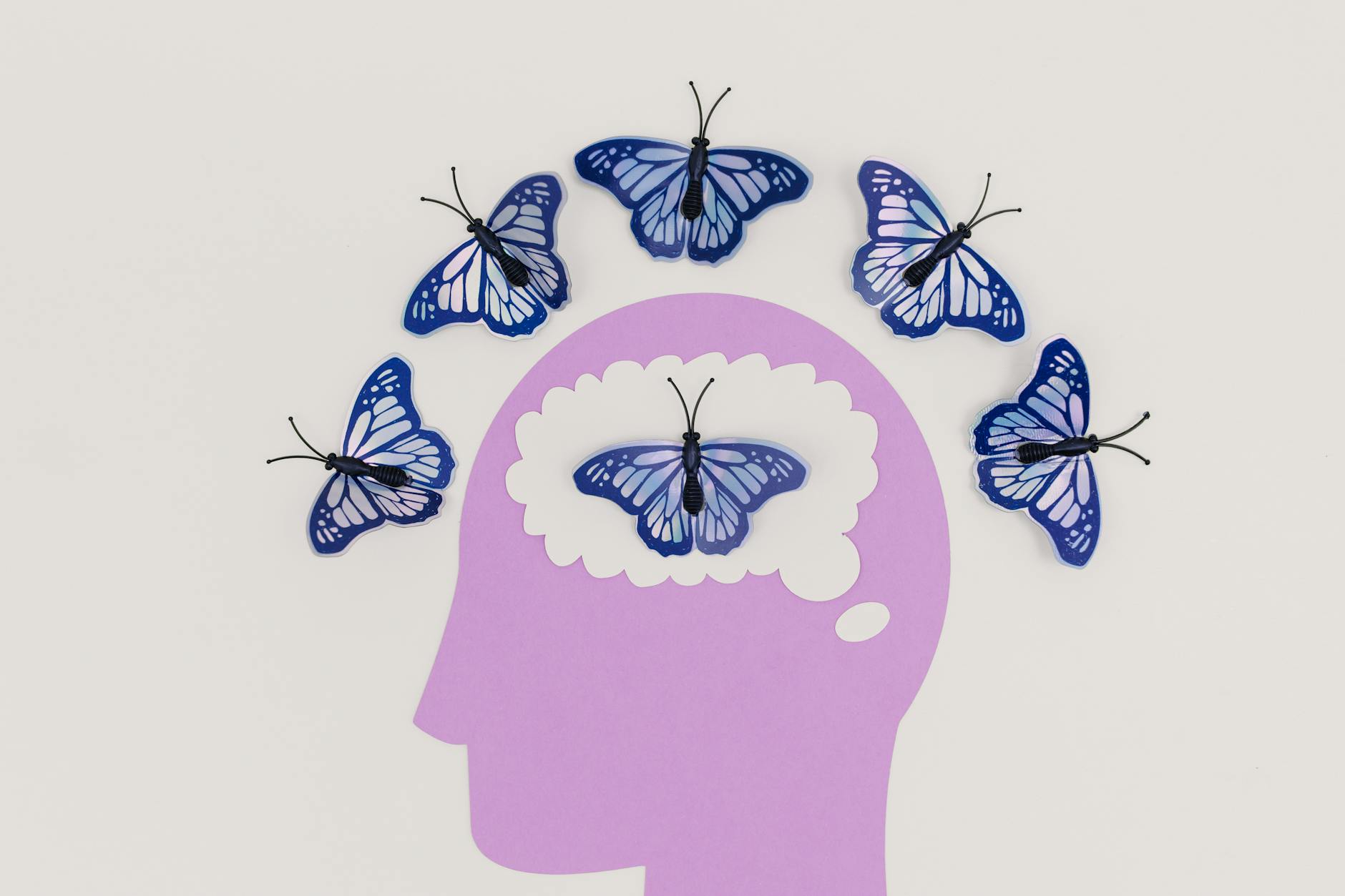What is cognitive therapy?
What is Cognitive Therapy?
Cognitive therapy is a powerful psychological treatment designed to help individuals identify and change negative thought patterns. It operates on the premise that our thoughts significantly influence our feelings and behaviors. When we can adjust these thought patterns, we can improve our mental health and overall well-being. This article will explore the foundations, key components, applications, and effectiveness of cognitive therapy, providing insights into how it can benefit your mental health and personal development.
Understanding Cognitive Therapy
Definition and Overview
Cognitive therapy, often referred to as cognitive-behavioral therapy (CBT), focuses on the relationship between thoughts, emotions, and behaviors. It aims to identify and alter distorted thinking patterns that contribute to emotional distress. By changing these thoughts, individuals can foster more positive emotions and behaviors. This therapy is effective for a wide range of psychological issues, including anxiety, depression, and PTSD. If you’re interested in a more in-depth overview, check out resources like Cognitive Therapy NYC for a detailed explanation of its principles.
Historical Context
Cognitive therapy was pioneered in the 1960s by Dr. Aaron T. Beck, a psychiatrist who sought to understand the connection between thoughts and feelings. His research revealed that negative thought patterns often lead to emotional distress. Beck’s work laid the foundation for cognitive therapy, emphasizing that modifying these thoughts can enhance mental health. You can learn more about Beck’s groundbreaking work in this summary of his contributions.
Key Components of Cognitive Therapy
Cognitive Restructuring
Cognitive restructuring is a fundamental technique within cognitive therapy. It involves identifying and challenging distorted thoughts, such as catastrophizing or all-or-nothing thinking. By recognizing these negative patterns, individuals can replace them with more balanced and realistic thoughts. This process empowers people to view their situations from a healthier perspective. For practical strategies on cognitive restructuring techniques, consider exploring this Healthline article.
Behavioral Techniques
In addition to cognitive restructuring, cognitive therapy often incorporates behavioral techniques. These may include exposure therapy, where individuals gradually confront their fears, and activity scheduling, which encourages engagement in enjoyable activities to combat depression. These techniques help reinforce positive behaviors and create a more adaptive coping strategy. For a more detailed understanding of these techniques, you might find this Mayo Clinic resource helpful.

Photo by Tara Winstead
Applications of Cognitive Therapy
Treatment of Mental Health Disorders
Cognitive therapy is widely recognized for its effectiveness in treating various mental health disorders. It has proven beneficial for conditions such as depression, anxiety disorders, and PTSD. By addressing the underlying thought patterns associated with these conditions, cognitive therapy helps individuals develop healthier ways of thinking and coping. You can read more about its applications in treating mental health issues in this informative piece from the American Psychological Association.
Use in Personal Development
Beyond treating mental health disorders, cognitive therapy can be an invaluable tool for personal development. It provides individuals with the skills to enhance productivity, time management, and overall life satisfaction. By learning to identify and challenge unhelpful thoughts, you can improve your focus and motivation, making strides toward your personal and professional goals. Resources on personal development through cognitive therapy can be found in articles like this one from Better Health.
Effectiveness and Research Support
Studies and Findings
Numerous studies demonstrate the efficacy of cognitive therapy. Research shows it to be particularly effective in reducing symptoms of anxiety and depression, often outperforming other therapeutic approaches. For instance, a meta-analysis published in a 2012 study revealed that cognitive-behavioral therapy significantly improved mental health outcomes across various populations. For a deeper dive into the research, you might want to explore this NCBI article.
Limitations of Cognitive Therapy
While cognitive therapy has many benefits, it does have limitations. Some critics argue that cognitive therapy may not address deeper emotional issues or the complexity of certain mental health conditions. Additionally, not everyone may respond to cognitive therapy in the same way. Therefore, it is essential to consider individual needs when determining the best therapeutic approach. Acknowledging these limitations can lead to a more nuanced understanding of how to utilize cognitive therapy effectively.
Conclusion: Embracing Cognitive Therapy for Growth
Cognitive therapy stands out as a vital tool for promoting mental well-being and personal growth. By understanding and transforming negative thought patterns, individuals can significantly enhance their emotional health and overall quality of life. Whether you’re seeking treatment for a specific mental health issue or looking to improve your personal development, cognitive therapy offers practical strategies to help you achieve your goals. Embracing cognitive therapy can lead to a more fulfilling and balanced life, enabling you to navigate challenges with resilience and clarity.